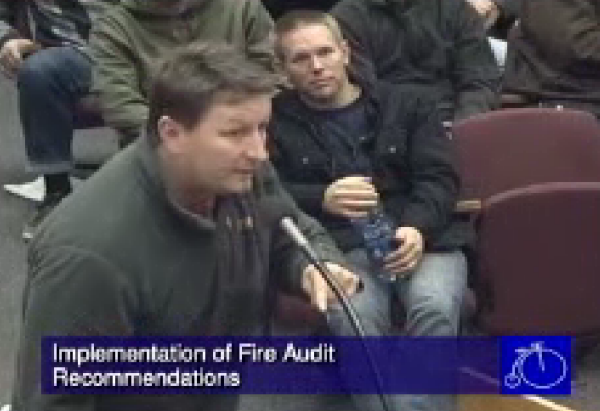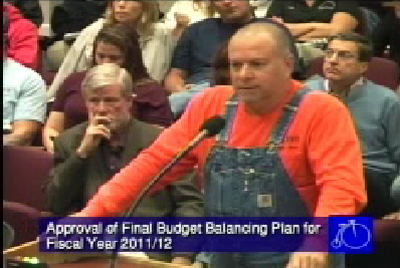Major Shake Up in Fire Department Administration
 City Manager Designates Police Chief to Temporarily Oversee Fire Operations – In what can only be viewed as a bold and brash move, City Manager Steve Pinkerton late on Tuesday announced that he has appointed Chief of Police Landy Black to temporarily oversee the Fire Department, as the city and UC Davis fully analyze the feasibility of a shared management oversight concept for the two fire departments.
City Manager Designates Police Chief to Temporarily Oversee Fire Operations – In what can only be viewed as a bold and brash move, City Manager Steve Pinkerton late on Tuesday announced that he has appointed Chief of Police Landy Black to temporarily oversee the Fire Department, as the city and UC Davis fully analyze the feasibility of a shared management oversight concept for the two fire departments.
The new process is expected to take up to six months.

 Interim Chief’s Account Shows Firefighters’ Union Had Ample Opportunity to Participate and Give Feedback but Chose Not To – On December 20, 2012, the Vanguard reported that the firefighters used deception as a means to block staffing changes that the union leadership clearly opposed.
Interim Chief’s Account Shows Firefighters’ Union Had Ample Opportunity to Participate and Give Feedback but Chose Not To – On December 20, 2012, the Vanguard reported that the firefighters used deception as a means to block staffing changes that the union leadership clearly opposed.
 The year 2012 was circled and penciled, for the Davis City Council, as the year to fix the looming fiscal crisis in the city of Davis. The process actually began back in June of 2011 when the council, facing down 150 city employees, made a 3-2 vote to reduce city employee compensation by $2.5 million.
The year 2012 was circled and penciled, for the Davis City Council, as the year to fix the looming fiscal crisis in the city of Davis. The process actually began back in June of 2011 when the council, facing down 150 city employees, made a 3-2 vote to reduce city employee compensation by $2.5 million.







